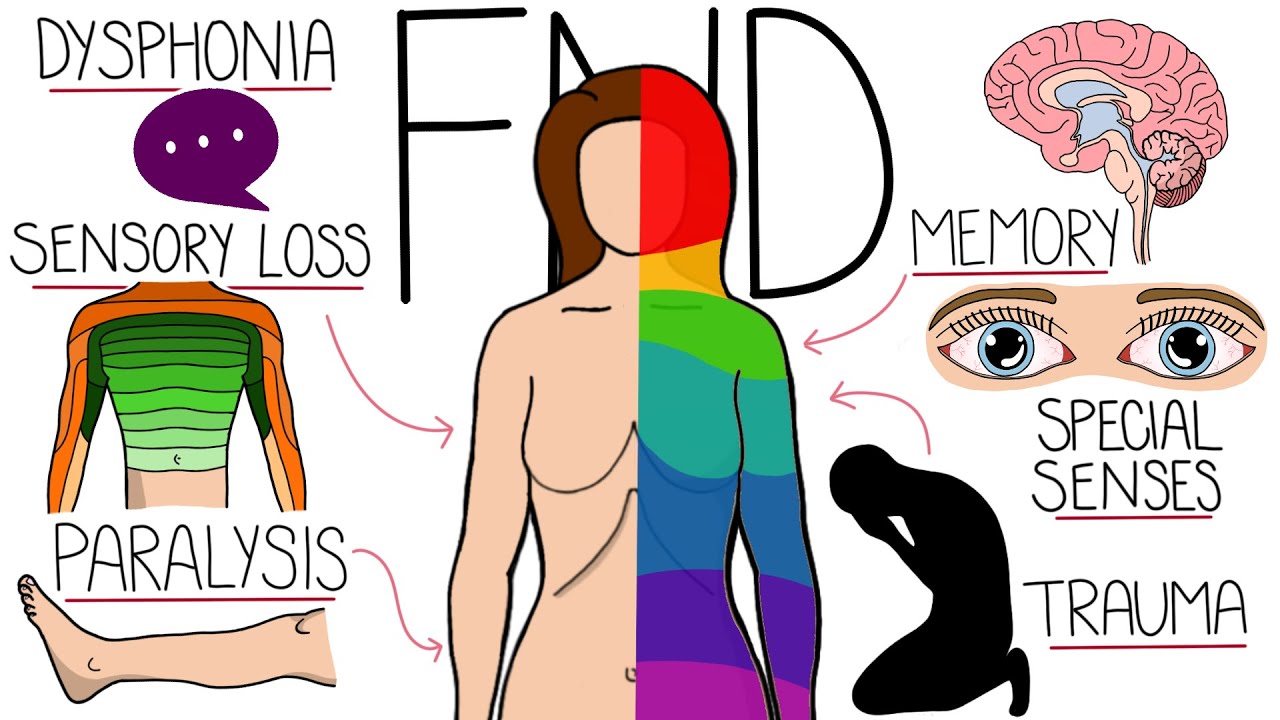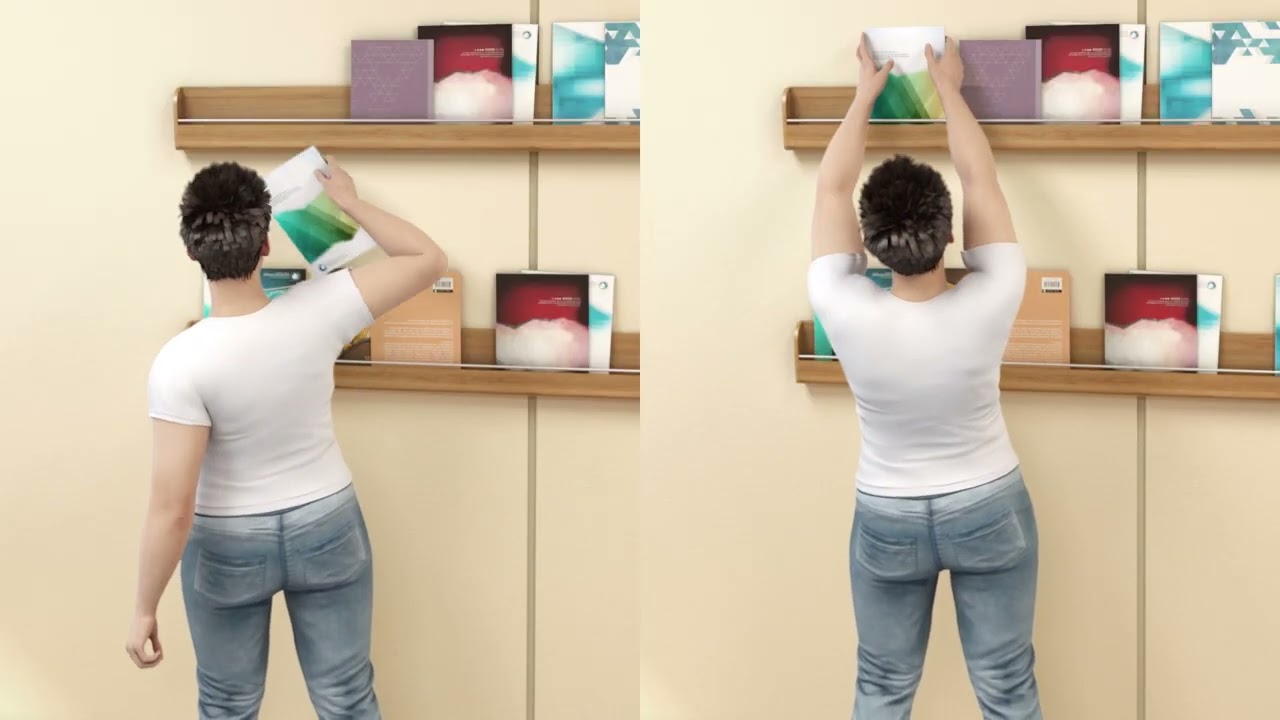NEW YORK (Reuters Health) – Despite promising results in some other lysosomal storage disease, treatment with miglustat does not improve behavioral problems in patients with type III mucopolysaccharidosis, according to the results of a French study published in the Journal of Pediatrics online June 10.
The incidence of the autosomal recessive disorder is estimated to be between 0.36 and 1.89 per 11359,000 live births. According to background information included in the current study, the underlying defect in type III mucopolysaccharidosis is a deficiency of one of the enzymes involved in the breakdown of heparan sulfate, which results in progressive nervous system degeneration, severe behavioral problems, and death at the end of the second decade.
While enzyme replacement is effective for some types of mucopolysaccharidosis, the authors explain, the enzyme involved in type III disease does not cross the blood-brain barrier. However, the iminosugar miglustat has been shown to reach the CNS and has been tested in patients with lysosomal storage diseases involving the brain such as Gaucher type 3 and Niemann-Pick type C.
On this basis, Dr. Nathalie Guffon with the Hopital Femme-Mere-Enfant in Bron, France, and colleagues tested the effects of oral miglustat versus placebo in 25 patients with type III mucopolysaccharidosis ranging in age from 3 to 11 years.
After 6 months, changes in behavioral disturbances on the Vineland Adaptative Behavior Scales were similar in the miglustat and placebo groups, according to the report. Scores in at least two domains stabilized or improved in 38% and 50% of the two groups, respectively.
At 12 months, the stabilization or improvement rate was in fact worse in the miglustat group (23%) than the placebo group (67%), the researchers report.
They had hypothesized that miglustat would reduce gangliosides and thereby improve behavioral disturbances. Despite demonstrating high levels of the drug in the CSF, however, “the ganglioside rate was not diminished, corroborating the absence of efficacy shown by the Vineland test,” Dr. Guffon and colleagues comment.
Given these results, they conclude, “The use of miglustat could not be recommended for patients with MPS (mucopolysaccharidosis) III.”
J Pediatr 2011.







